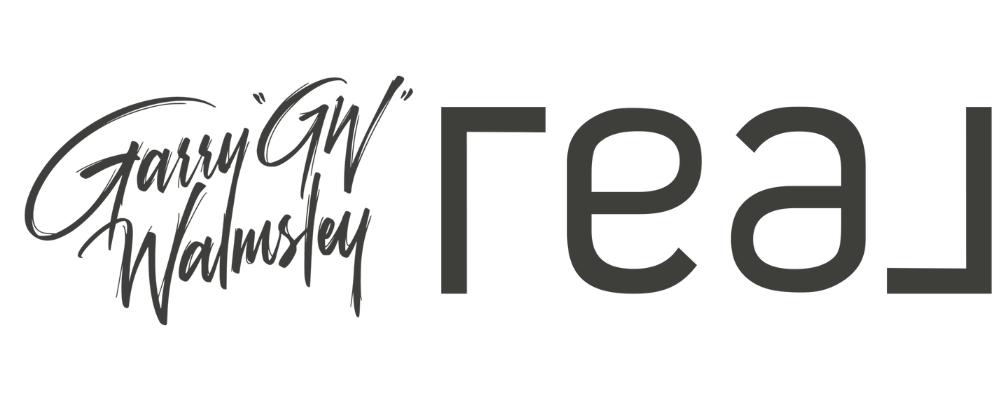If you’re a sports fan, the weekend of March 17 of this year was a fine time to be in Orlando, Fla. The first games of the NCAA basketball tournament, better known as March Madness, were tipping off at the magnificent Amway Center (pictured above) on Church Street in downtown, with matchups featuring local favorites Florida State and the University of Florida.
A few blocks away, the city had cordoned off some streets to host a March Madness street party. Further up Church Street, the Orlando City Soccer Club was playing against the Philadelphia Union in OCSC’s brand-new, 25,000-seat, instantly sold-out stadium.
Not far away at Bay Hill Club and Lodge, the 51st edition of the Arnold Palmer Invitational PGA golf tournament, one of the golf world’s most prestigious events, was underway. Out at Lake Nona, a 9,000-plus-acre mixed-use development, the University of Central Florida Knights tennis team was matching up with the University of Tulsa at the brand-new United States Tennis Association National Campus, 100 courts strong and probably the best tennis complex in the world. And if none of that was your cup of tea, well, just wait a bit:
Two weeks later Camping World Stadium, the site of January’s NFL Pro Bowl, would host WWE’s WrestleMania, gathering 75,000 hard-core fans for a night of artfully choreographed but undeniably athletic mayhem. “I marvel at some of the weekends we’ve had recently,” Orlando mayor Buddy Dyer would tell me, sounding like he couldn’t quite believe it himself.
Let’s get something out of the way early: You probably didn’t expect a magazine article about Orlando to begin with a long paragraph about sports. Not to worry—neither would most folks. When the world thinks of Orlando and its Orange County environs, we think theme parks: Disney, Universal, SeaWorld. That’s why some 68 million tourists came to Orlando in 2016, a new record by about 3 million. (Well—that and the Orange County Convention Center, but they inevitably overlap.)
And there’s nothing wrong with that. The Orlando parks are brilliantly run marvels of technology and customer service that delight their visitors, and they fill the coffers of Orange County governments and businesses with cash. Every city in the world should have such a monkey on its back.
It’s just that Orlando has, in the past 10 or so years, been changing, evolving. The outside world hasn’t much noticed—those theme parks have decades of branding that has permeated the global consciousness—but locals have. “We’re not just a place where people come and ride rides and get back on a plane and go home,” says Rich Crotty, who was mayor of Orange County, which contains Orlando, from 2001 to 2011.
Instead, Orlando has become something of a sports mecca. No, it’s not New York or Boston or Chicago or Los Angeles, with their massive TV markets, century-old teams, tradition-filled NFL franchises and hallowed arenas. With the possible exception of the early ’90s, when Shaquille O’Neal towered over opponents and the Magic were competing for NBA championships, Orlando has no athletic glory days. More recently, though, Orlando has quietly, surprisingly, developed into a city with a vibrant sports economy—not despite the theme parks, but with their active support. “We have become one of the premier sports destinations in the entire country,” argues Dyer. “There’s not an event in the world that we can’t host now.”
How Orlando has merged sports and entertainment to diversify its economy is a story that involves several stubborn-in-a-good-way politicians, some unusually cooperative civic leaders, a number of broad-minded business executives and an unpredictable dose of good luck. Oh, and some beneficial demographic trends. It’s also a story that shows the positive impact that sports can have not just on the economy of a city, but also on its soul.
Source: Worth Magazine







